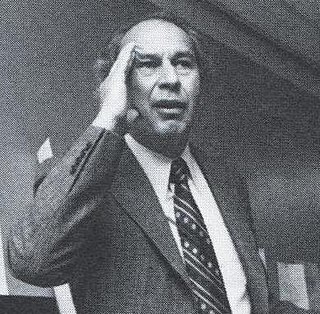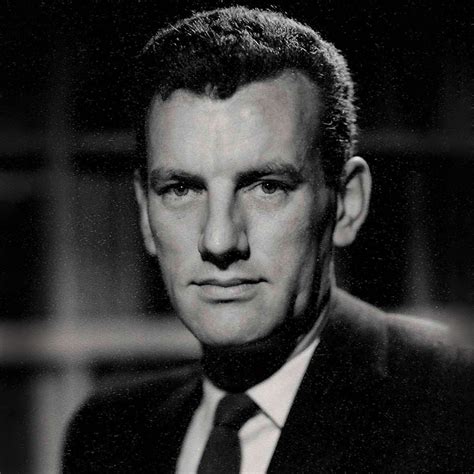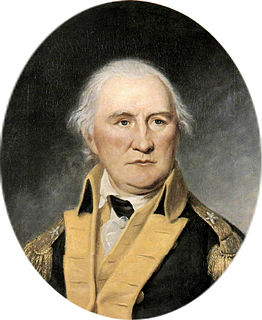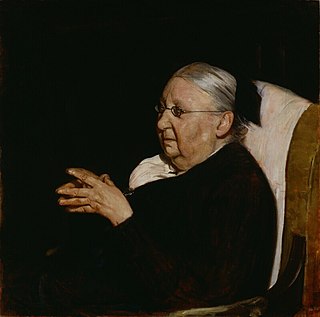A Quote by Oliver Wendell Holmes, Jr.
The noblest service comes from nameless hands; and the best servant does his work unseen.
Related Quotes
Some would define a servant like this: 'A servant is one who finds out what his master wants him to do, and then he does it.' The human concept of a servant is that a servant goes to the master and says, 'Master, what do you want me to do?' The master tells him, and the servant goes off BY HIMSELF and does it. That is not the biblical concept of a servant of God. Being a servant of God is different from being a servant of a human master. A servant of a human master works FOR his master. God, however, works THROUGH His servants.
Let everybody know this. He shall be assigned to the place and to the service to which he gave and devoted himself in this life and he can be sure that in eternity he will have as his lot the service and the companionship which he preferred in this life. This is what the Lord means when He says, 'If anyone is my servant let him follow Me and where I am he will be there as my servant' (Jn. 12:26).
The world is God's workshop; the raw materials are His; the ideals and patterns are His; our hands are "the members of Christ," our reward His recognition. Blacksmith or banker, draughtsman or doctor, painter or preacher, servant or statesman, must work as unto the Lord, not merely making a living, but devoting a life. This makes life sacramental, turning its water into wine. This is twice blessed, blessing both the worker and the work.
"None is good, save One, that is, God", as the Lord Jesus bath said. The rest are only tools in His hands. "Gloria in Excelsis", "Glory unto God in the highest", and unto men that deserve, but not to such an undeserving one like me. Here "the servant is not worthy of the hire"; and a Fakir, especially, has no right to any praise whatsoever, for would you praise your servant for simply doing his duty?
The fact that labour is external to the worker, i.e., it does not belong to his intrinsic nature; that in his work, therefore he does not affirm himself but denies himself, does not feel content but unhappy, does not develop freely his physical and mental energy but mortifies his body and his mind. The worker therefore only feels himself outside his work, and in his work feels outside himself.
The good gardener knows with absolute certainty that if he does his part, if he gives the labour, the love, and every aid that his knowledge of his craft, experience of the conditions of his place, and exercise of his personal wit can work together to suggest, that so surely will God give the increase. Then with the honestly-earned success comes the consciousness of encouragement to renewed effort, and, as it were, an echo of the gracious words, 'Well done my good and faithful servant'.


































